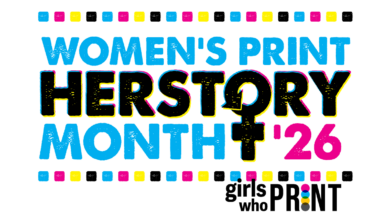I’m a huge proponent of business planning. But I get that many people feel the business plan has about the same worth as a toilet paper roll. Single-use and then put it somewhere where no one has to deal with it again. And some version of a business plan can certainly be there.
As Dr. Stephen Covey said in his book “7 Habits,” “All things are created twice. There’s a mental or first creation and a physical or second creation.”
The business plan is just the simple art of working on your business, not always in your business.
Business planning
The art of business planning has lost its luster because of people’s thoughts around the bound coffee table version for shareholders, banks, etc. Heck, banks rarely lend like that now anyway. It seems like a waste of time, collecting dust after the business gets going, and more reason why business plans have such a bad rap. They are all true!
In my mind, business planning has very little to do with the polished SOPs and carefully crafted executive statements. Business planning is the art of working on your business, not always in it. Business planning is taking the thoughts in your mind and exporting or writing them out into something you can implement and make core to your business. As a success principles certified trainer, I see the business plan roadmap in the success principles.
What to include
A working business plan needs to include five areas:
- Be clear about why you are here (determine why your company should exist)
- Decide what you want and unleash the power of goal setting (set goals and milestones)
- Surround yourself with success (define the relationships/people in your business)
- Use the law of attraction and follow success clues (define your ideal customer and determine what you can do to solve their problems)
- Keep score for success and practice persistence (define your costs and product pricing)
Then you can add to the workflow (SOPs) to improve efficiencies and keep expanding on the “plan” as you grow. My view is very unconventional; some don’t like how messy it can look, especially as you get going. But planning is the act of creating, and creativity is messy. So I believe it is not so much a business plan as it is a business operation guide that is always in review.
Heck, the success principles even take this out further from just the core fundamental principles, how to build your success team and create successful relationships. A business plan is the same work people do with the success principles in creating the life of their dreams.
If you are interested and willing to pursue your dream, that work never gets pitched to the side. A business plan is the same thing and is the tool that gives you the way you can operate your business. It becomes the central repository for all the documentation of “This is how company XYZ operates.”
If you can design your business in the same way with concrete values and a well-thought-out process, you won’t ever feel like you have worked a day in your life.




